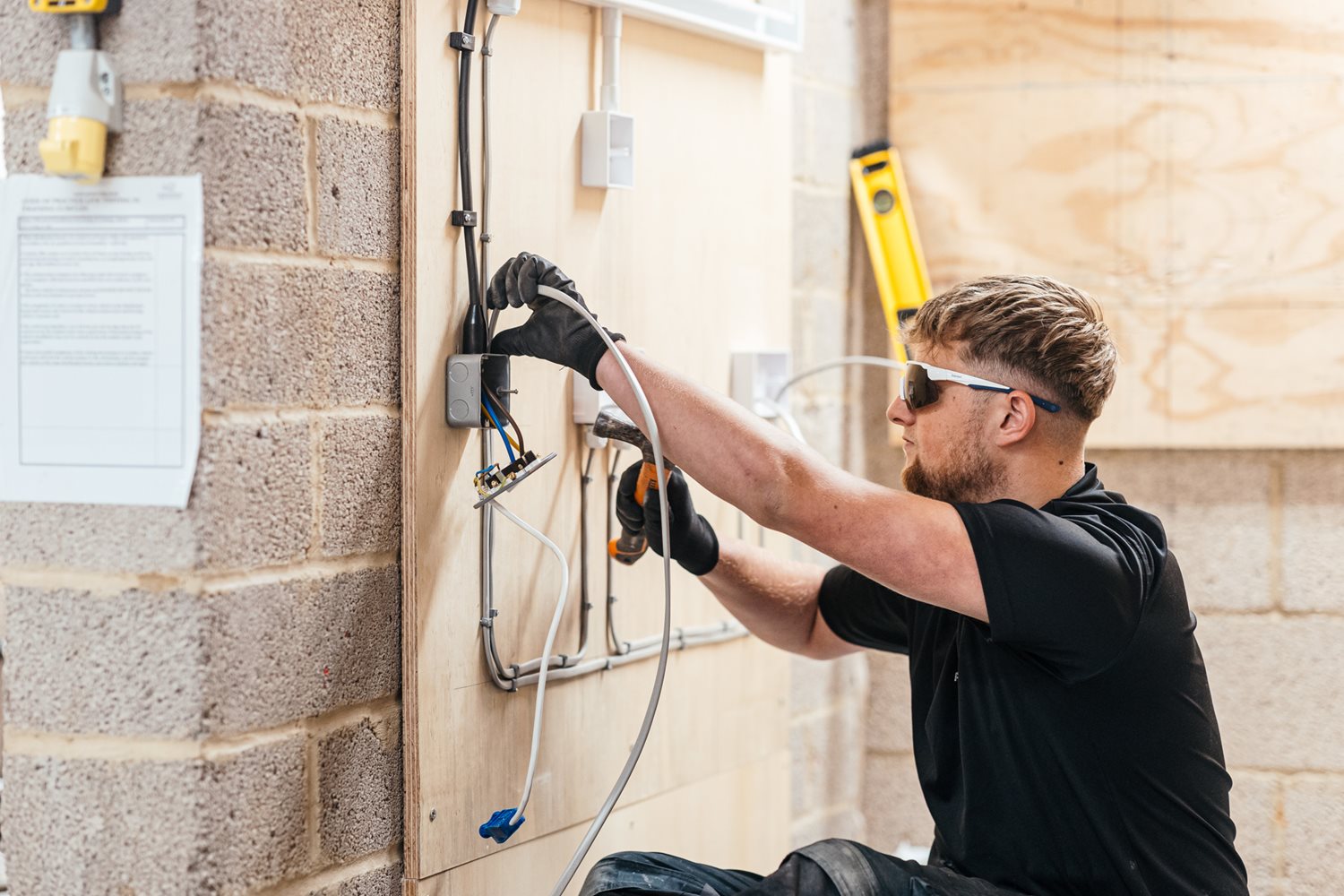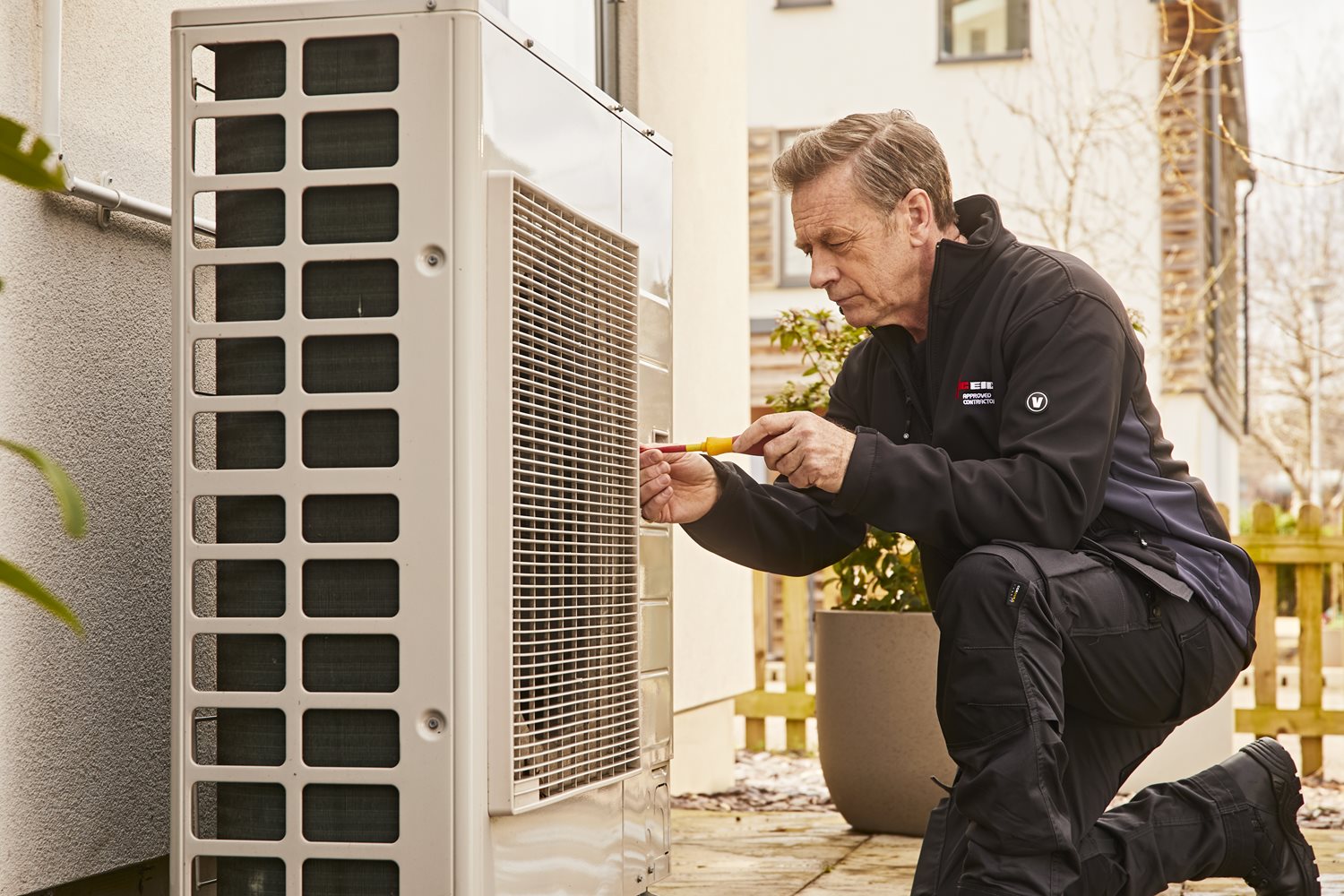Leading figure heads share their views on the evolving electrotechnical industry
The electrical industry is changing – and quickly – because of the speed of technological advances, and because of the crucial role the industry will play in getting the UK to reduce carbon emissions. Here we bring together three figure heads from the industry, Paul Collins, Martyn Allen and Mike Smith, respectively technical directors of NICEIC, Electrical Safety First (ESF) and Electrical Contractors’ Association (ECA) to discuss the changes needed and how raising standards will benefit all.
Why is it so important that standards improve in our industry, and what actions have been taken already?
Mike Smith, technical director, Electrical Contractors’ Association (ECA):
“One piece of feedback we get as an association – and I know NICEIC does too – is that [contractors] who run a quality business feel let down by the industry and government failing to level the playing field. Other people are allowed to undercut them, to cut corners in training and standards, and to deliver a substandard service.
“A lot of time and effort has gone into the Trailblazer initiative and apprenticeships, but we’ve also had years of deregulation and the route to many trades has been through short courses. That has undermined apprenticeships. A lack of regulation led to a Wild West approach to training and qualification.
“Competence and qualifications have been ongoing issues for many years, but the Grenfell Tower fire raised the issue of competence in the public’s eye and prompted the government to appoint Dame Judith Hackitt to compile her report [Building a Safer Future: Independent Review of Building Regulations and Fire Safety: Final Report published May 2018].
“That has brought this and other built environment related industries together. There’s now the Industry Response Group and lots of working groups under the Steering Group on Competences for Building a Safer Future
.
“Industry bodies have also come together with the EAS [Electrotechnical Assessment Specification] to define what competency looks like. It’s not just about individual competence – we have to look at organisational capabilities and management. We’re almost there, but this year we need to pass that across to the regulator and the wider industry, to ask if it fits with what everybody else is doing.”
Paul Collins, technical director, NICEIC:
“It started before Grenfell, but work we’ve done with ECA and ESF has accelerated change. The EAS has been evolving over a number of years as government policy and competence schemes feed into it. There’s a lot of work going on to update competence requirements, for high-risk buildings and energy storage systems, for example. It feels more joined up now; there’s been a lot of work done between us and other organisations to set standards.”
Martyn Allen, technical director, Electrical Safety First (ESF):
“Grenfell meant that every trade was expected to have a look at what they could do better. The electrotechnical sector was doing this before, but perhaps not at the same pace or with so broad a remit.
“We’re doing what we can to improve standards in the regulated space, but we’ve also got consumers doing work themselves. For example, there are loads of ‘how to’ videos out there, some not so bad, some not great at all. We spend a lot of time encouraging consumers to get a professional in, but we can’t stop them having that work done by somebody else.
“Very few cases come to court for poor quality work. We need stronger enforcement and the more we can do to lobby government to get more powers so we can take action, the better. Legislation around mandatory electrical safety checks has already come in for the rented sector pretty much throughout the UK now – Northern Ireland will get there this year, we hope.
“Then you’ve got the drive to net zero. We’ve got EV [electric vehicle] charging points, we’ve got EVs having to be the only new cars you can buy from 2030. You’ve got electrification of everything, including the way we heat buildings. There will be lots of opportunities in electrotechnical, but we also have a skills shortage, so we need a big drive to get more people into the sector.”
PC: “Technology is evolving very quickly. If electricians don’t move ahead with that, someone else will do all the technology aspects and leave the electrician behind. But you’ve got to be competent to do that work. You’ve got to have the right skills, the right experience and the right knowledge to do it correctly. If you don’t, it gives the industry a bad name.”
MA: “That’s why we need robust enforcement. We also need an education programme, to make sure people are aware of the need to get competent people to do the installations. But also, if people are exploiting consumers, they must be taken to task.”
MS: “One thing we haven’t mentioned is issues in the supply chain, [with] substandard equipment. The temptation is for contractors to cut corners and buy cheap products. That undermines safety, never mind the quality of installation.”
MA: “We spend a lot of our time lobbying for changes to the online marketplace space. There’s a [government] review of the product safety landscape due out soon, but there is no regulation for third-party sellers of electrical goods. Contractors must make sure they buy only from reputable sources they know and trust.”
MS: “With net zero, we’re educating contractors about the opportunities, the skills needed, training that’s out there already, plus roadshows, webinars, face-to-face meetings with our branches. You’ve got to have that technical knowledge and understanding.
“Where do I go for this information? Some of it is provided by ESF. For support, contractors would look to the trade association, to find out about opportunities in the marketplace. And then, how do I get the accreditation that my business deserves, so that people know and trust us as a business? That’s where organisations such as NICEIC come in”
PC: “We can offer assessment and certification of businesses doing the work, as well as providing training. When changes come along, we add to EAS and make sure the businesses are aware of it: we do a lot of communications and feed it out via the assessors, podcasts, webinars and the like.”
MS: “I think there’s a concept we have to get across: that CPD [continuing professional development] is part of a lifelong learning curve. We have to continually update and learn. And to earn the trust of our customers we have to be able to prove we’ve done that.
“I’d like to drive out the unregulated part of the industry. I want registration of companies and certification to standards that we all adhere to and that customers can trust; so that we have an industry that doesn’t need policing by a regulator, because it is a high-performing, high-quality industry.”






